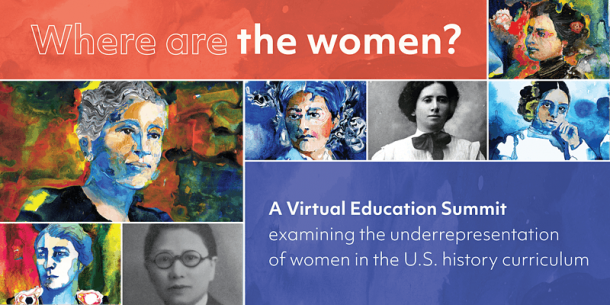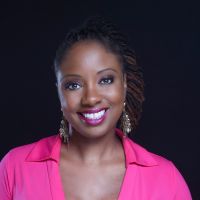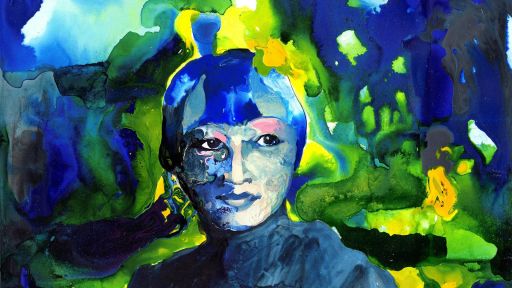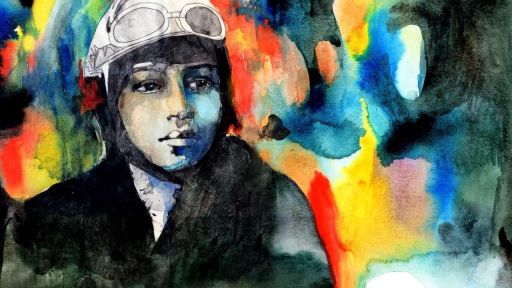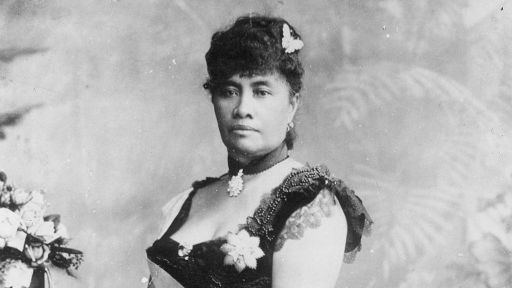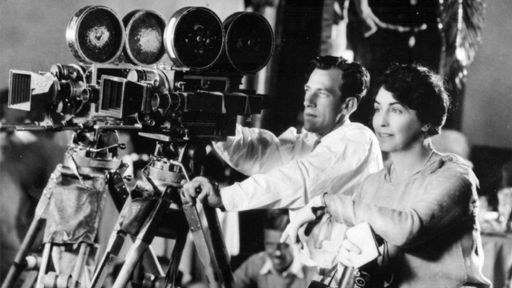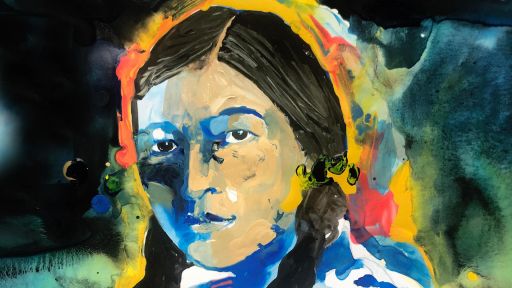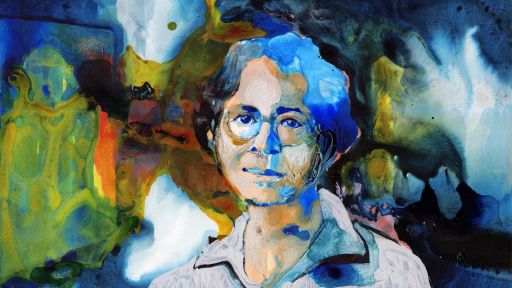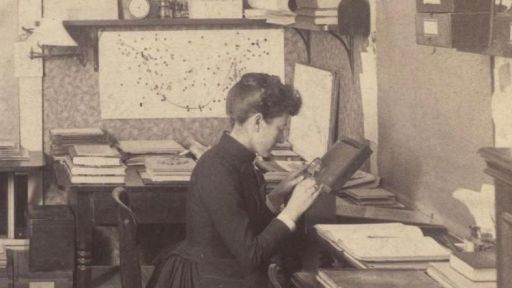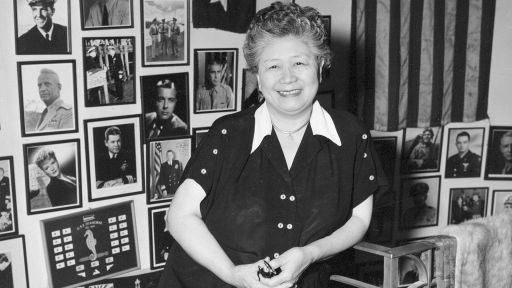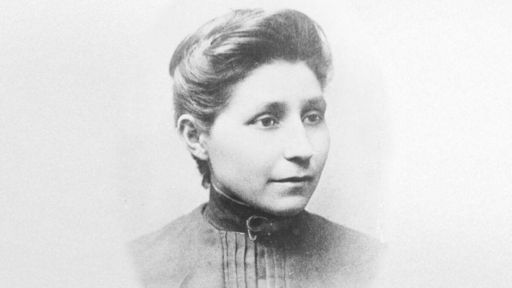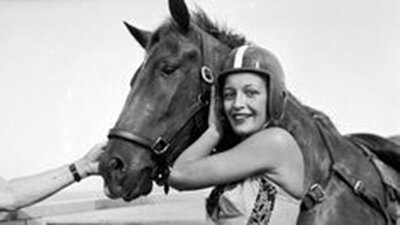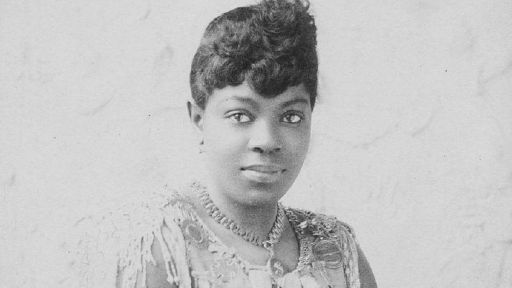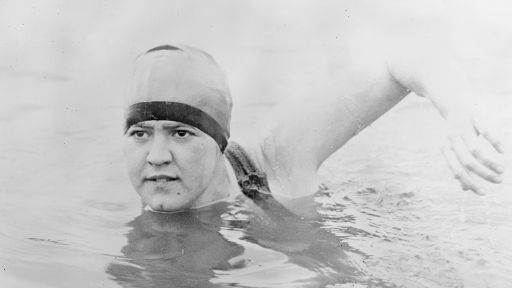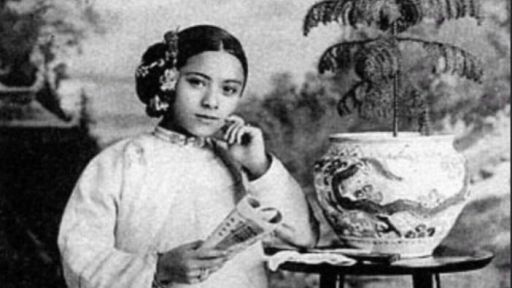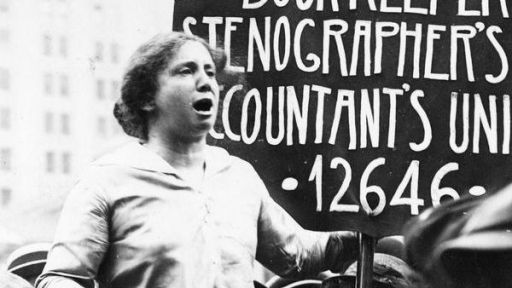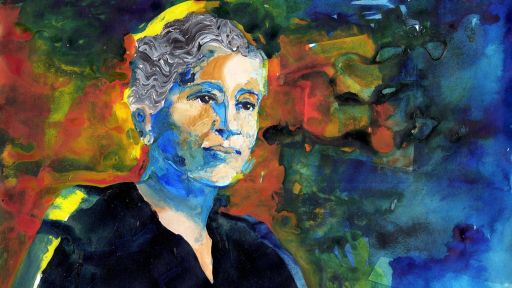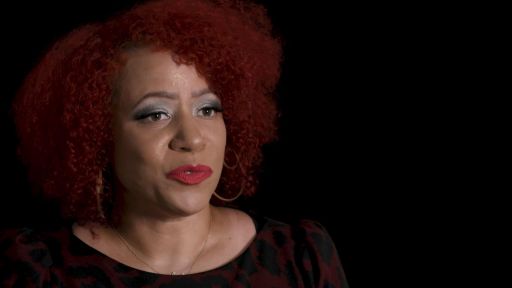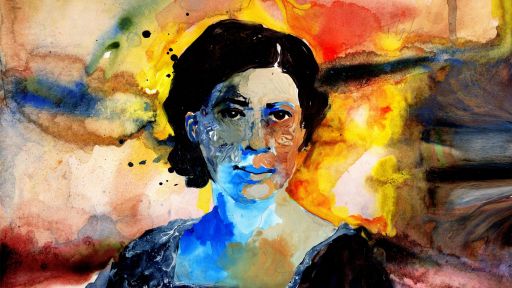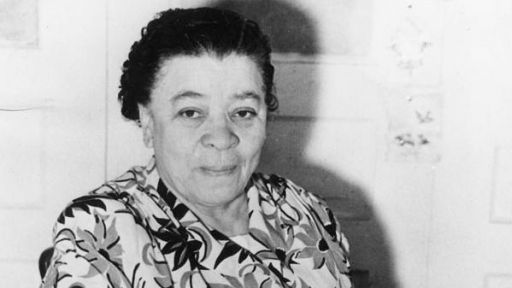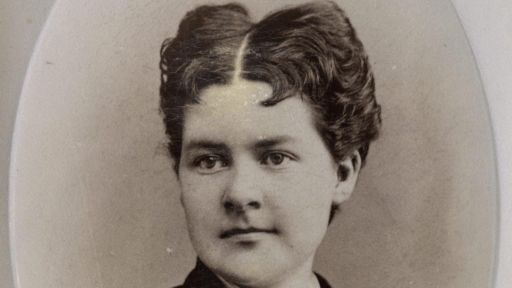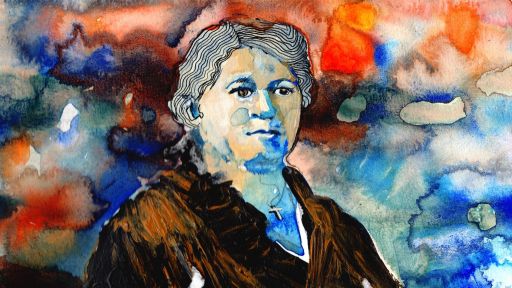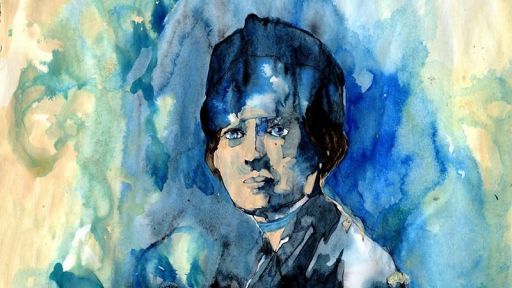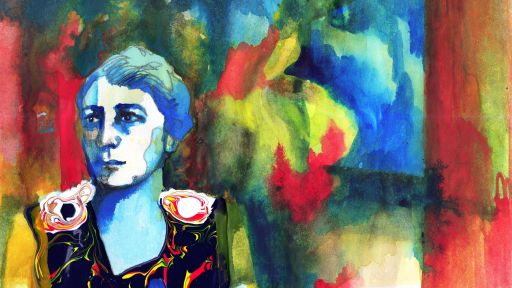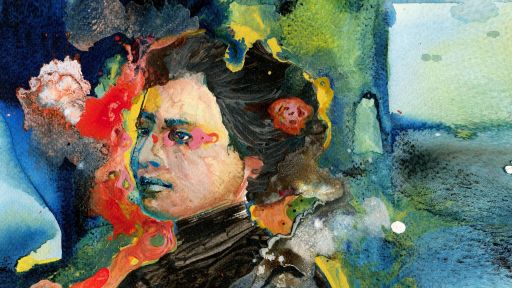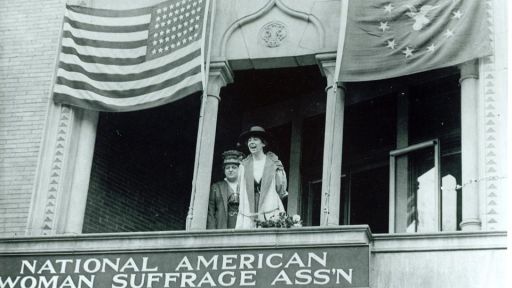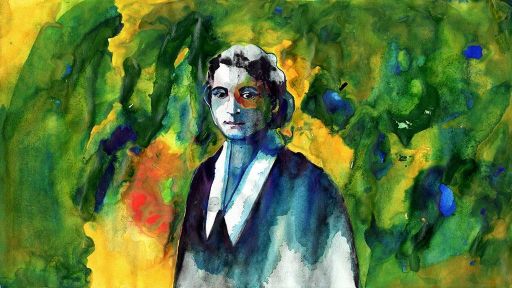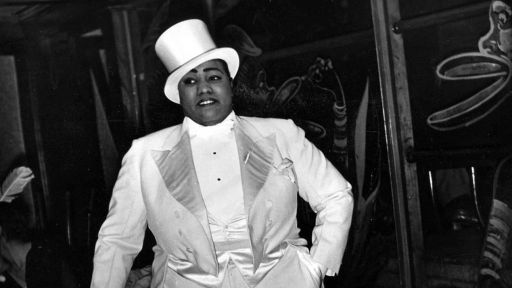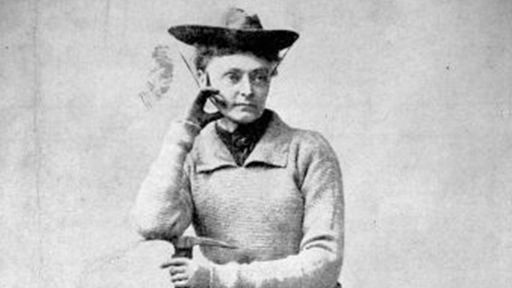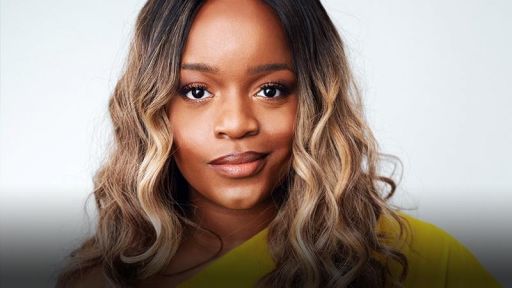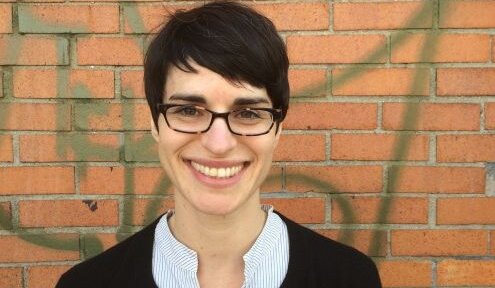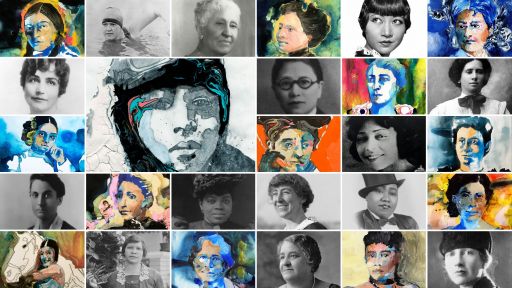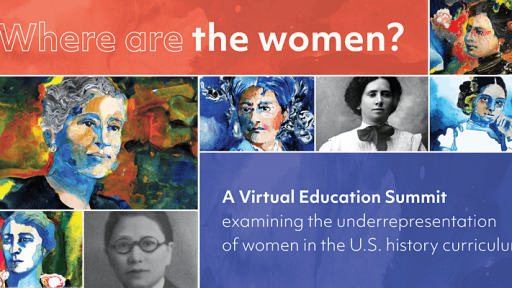I get to bear witness to “I never knew that” moments from my students at my university on a fairly regular basis. There’s something quite delightful about introducing both my undergraduate and graduate students to historical figures and events that they didn’t learn about prior to entering my classroom. While I do not kid myself that they all approach understanding the past with the fervor or conviction that I do as a historian, I strive to create a classroom environment in which they enthusiastically mine the past. I want them to enjoy excavating and discovering. I relish how history begins to unfold for them as I ask them to critically consider the significance of the past. History not only offers accounts of what happened, it provides insights into our present and potential futures.
The history I am often most interested in teaching is that of communities typically underrepresented in both K-12 and higher education curricula. Quite a few communities in the United States, including but not limited to African Americans, Latinx Americans, Indigenous Americans, and Asian Americans, remain underrepresented in classroom teaching and learning. I make it a mission in my courses to include a range of lived experiences and to emphasize why those experiences are central to how we understand the complexity and fullness of the past. Inclusion isn’t important because it’s politically correct – it matters because the record is incomplete without the perspectives and historical realities of ALL of the communities that comprise the U.S. – historically and contemporarily.
It’s rare that my students know a lot about women in U.S. history. Most of my students enter my classroom with little to no knowledge about women as pioneers, trailblazers, leaders, changemakers or pivotal figures in the course of history. At best, they know a few names and have a skeletal comprehension of the significance of those women in U.S. history. I expect most students to only know Rosa Parks as an African American woman who was tired and refused to give up her seat on a bus for a white patron. If they learned about the women’s suffrage movement, they may only recognize the names of Susan B. Anthony or Elizabeth Cady Stanton. In over a decade of teaching, I can count the number of students who can name an Indigenous woman who was a significant historical figure in the U.S. other than Pocahontas or Sacagawea. Without question, how little my college-level students know about women in U.S. history frustrates me. Nevertheless, we as educators must persist.
As a teacher, I draw upon my expertise as a historian of African American women in the United States to challenge how my students think about how race, gender, class, sexuality, citizenship, ability, religion, language and ethnicity affect what we identify as historically significant and which people from the past we study as important figures. This kind of approach opens up space to engage lesser-known histories and to interrogate why they didn’t learn about these history-makers or historical events in prior history or social studies classes. It’s my aim to be metaphorically eye-opening while actively pushing back against history curricula that erases, silences, or largely ignores that women have always been propelling forces in this nation’s past.
That’s why it’s important to me to participate in the Unladylike2020: Where Are the Women? Virtual Summit. On Saturday, Feb. 13, 2021, a dynamic and diverse group of experts will ponder why so many students learn so little about women in U.S. history and discuss the stakes of being intently inclusive. From 1 to 3 p.m. EST, through a keynote, poetry, a panel, and a lively Q&A, my colleagues and I will provide resources for educators, parents, students, and those invested in eradicating the underrepresentation of women in our history and social studies curricula. Most importantly, we will highlight the troubling stakes of status quo history curricula. It is past time to set the record straight.
For more information and to RSVP, please go to unladylike2020.com.

